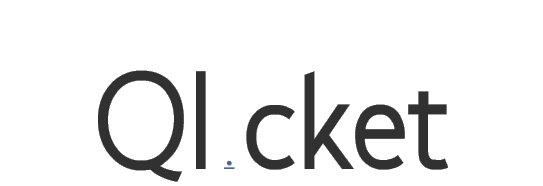March 31, 2021
In this two-part series, Qlicket investigates the causes and solutions for burnout among healthcare employees during the COVID-19 pandemic. Below is part two.
Effects of Burnout
Because burnout is the result of extreme and prolonged stress, its effects are also extreme and prolonged.
Matt Kristoffersen of Yale University’s School of Medicine claims that one quarter of all healthcare workers are showing signs of probable post-traumatic stress disorder, while nearly half show signs of probable alcohol abuse. Workers who are dissatisfied with the current state of the federal government more commonly show signs of severe anxiety. Continuous mental strain could carry long-term negative implications.
Effects upon the public and the hospital system are another major risk. Stefan De Hart, a publisher for the National Institutes of Health’s National Library of Medicine, writes that burnout among physicians reduces the quality of medical care, creates dissatisfaction with mistreated patients, and leads to increased malpractice lawsuits. Burnout also leads to absenteeism, cynicism. and higher turnover in hospitals, which lead to extensive costs.
Solutions for Burnout
However, De Hart explains that “job characteristics and institutional factors that contribute to wellbeing include promoting autonomy, providing adequate office resources and support staff, and facilitating a collegial work environment.”
“Giving physicians the ability to influence their work environment, to participate in organizational decisions that affect medical practice, and to have more control over their time schedules seem to have a substantial positive effect regardless of practice type,” he adds.
Indeed, a study focusing on the relationship between job control, workload, and burnout in five Italian public hospitals reached similar conclusions. The study revealed that by increasing sense of control among healthcare employees, management can mitigate the chances of burnout. The study likewise concluded that boosting sense of control in healthcare workers can better reduce stress and help with coping, even during times of high workloads.
Burnout is an issue that damages healthcare workers and hospital systems. However, through granting workers more autonomy, job control, and resources, burnout can be effectively mitigated, even in times of high workloads and stress.
Qlicket offers easy-to-use systems that allow for instant employee input, providing deskless healthcare workers with easy access to management. Learn more about our offerings here.
Written by Qlicket team member Ethan Forde.


